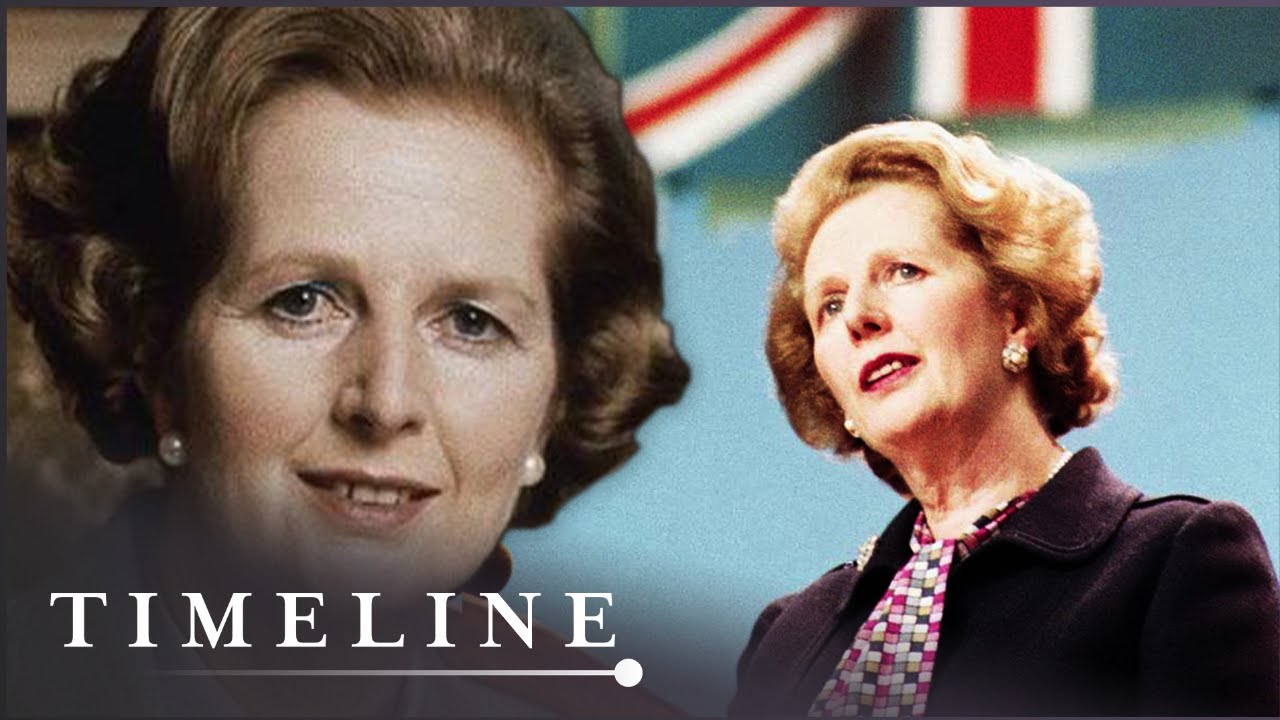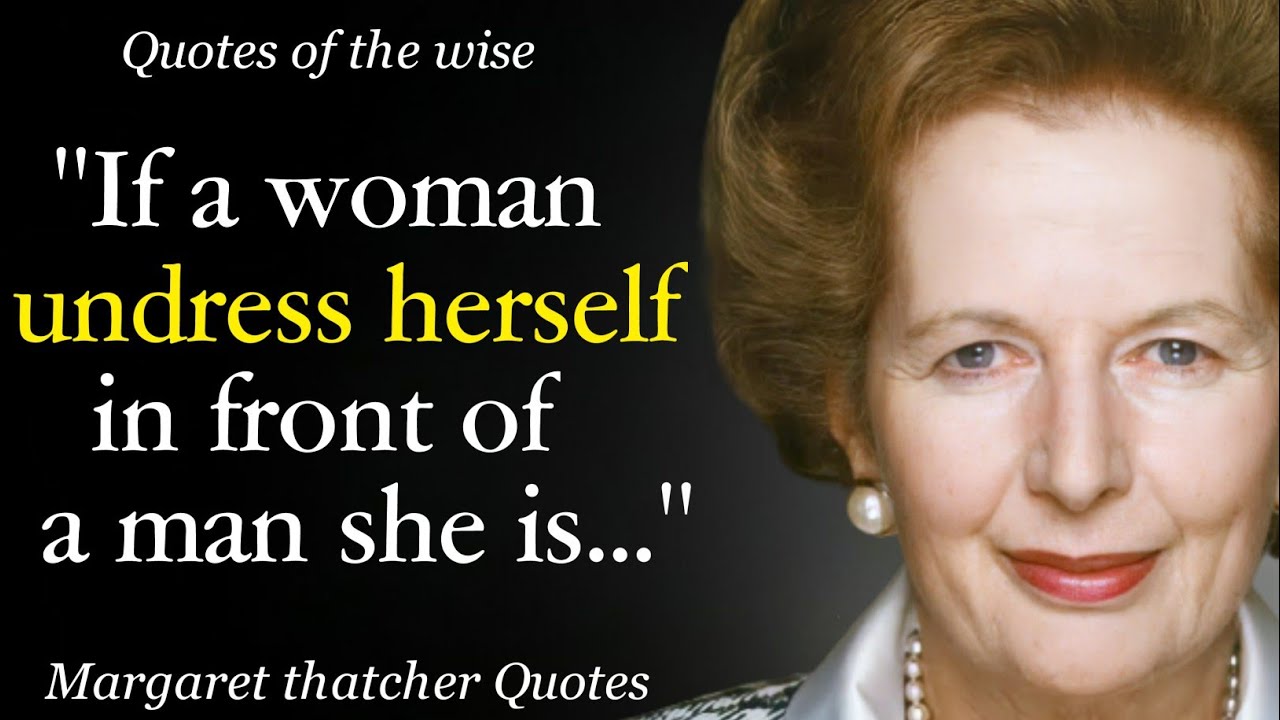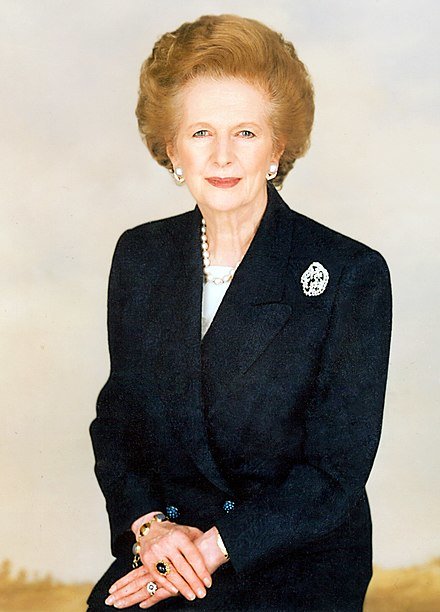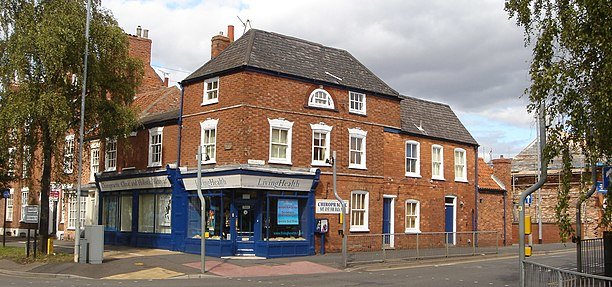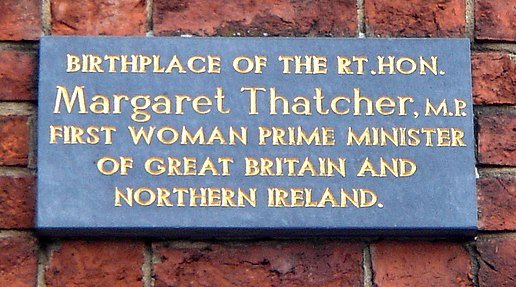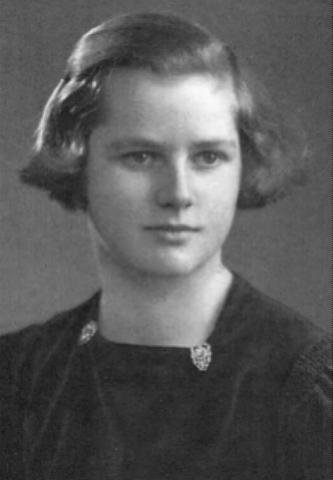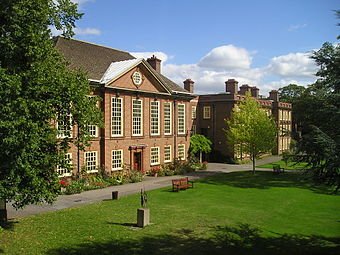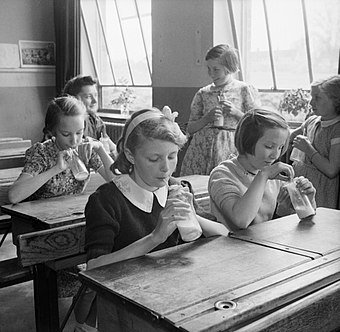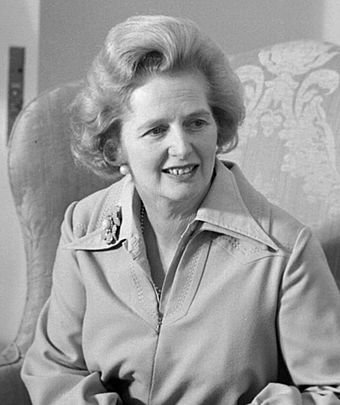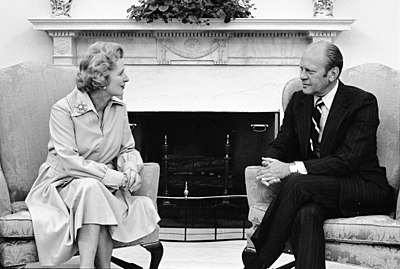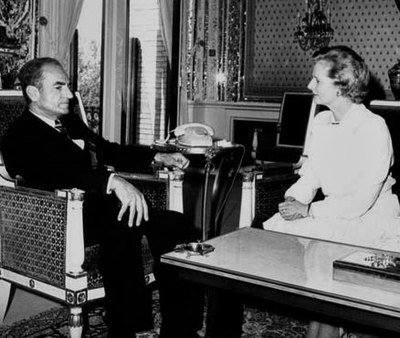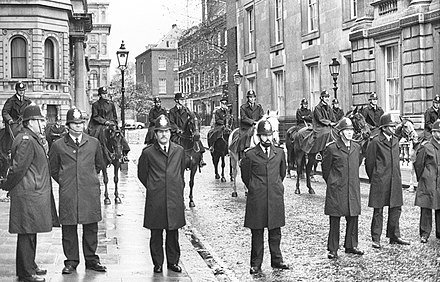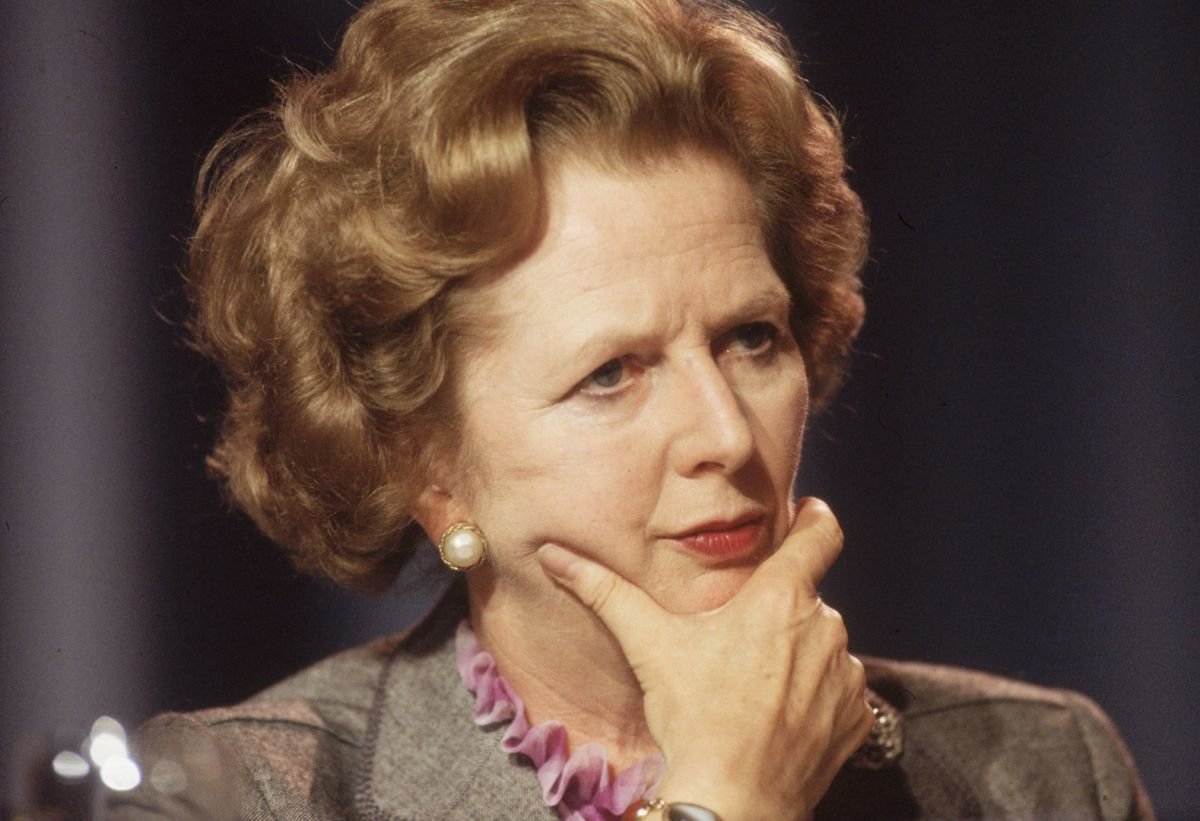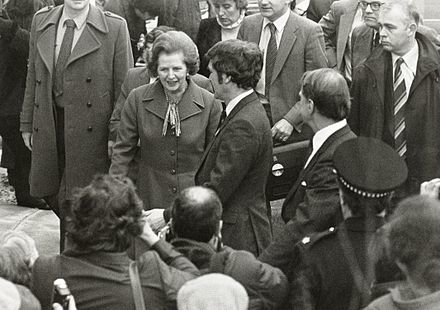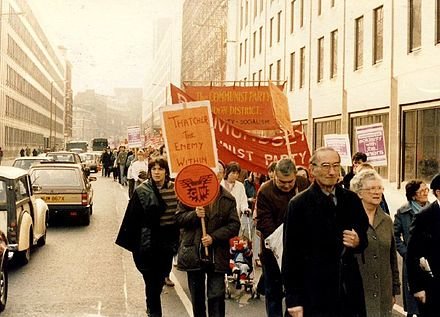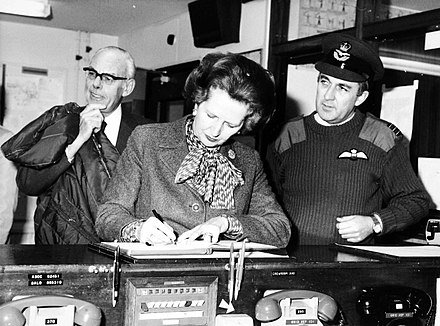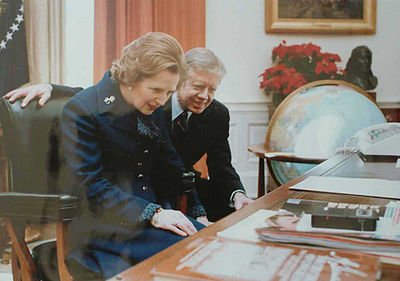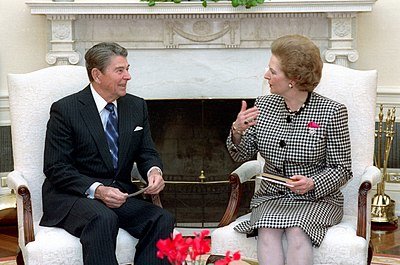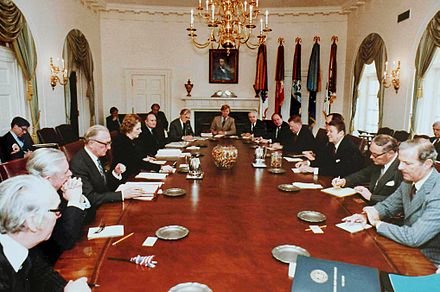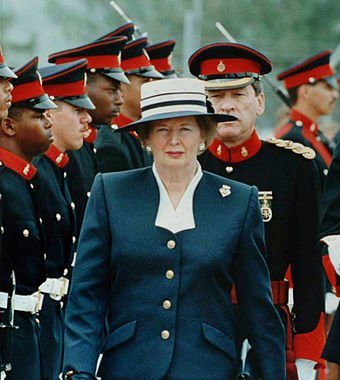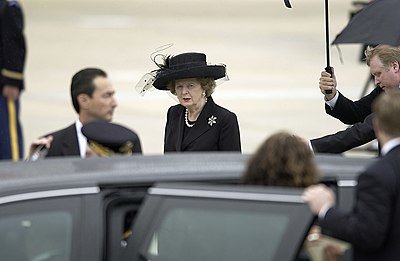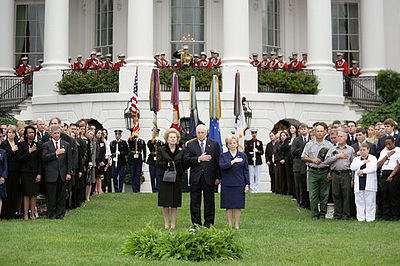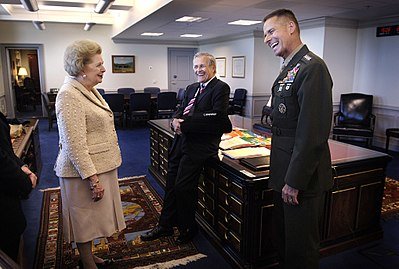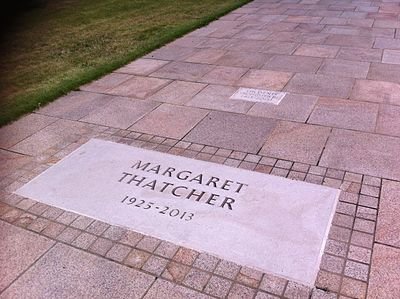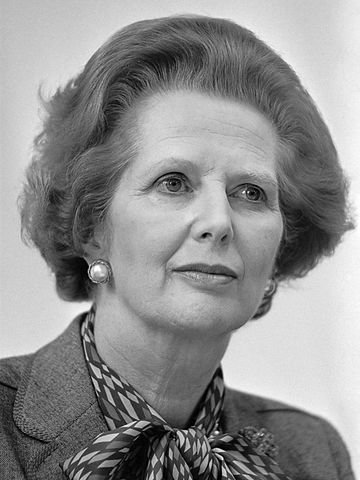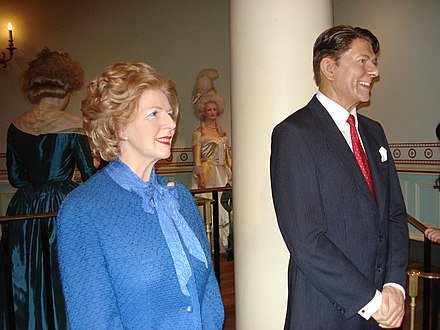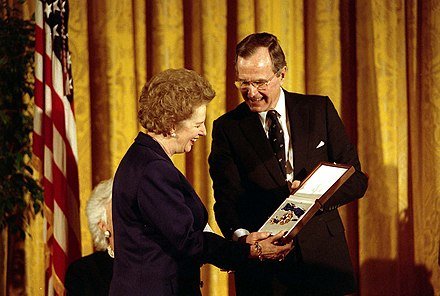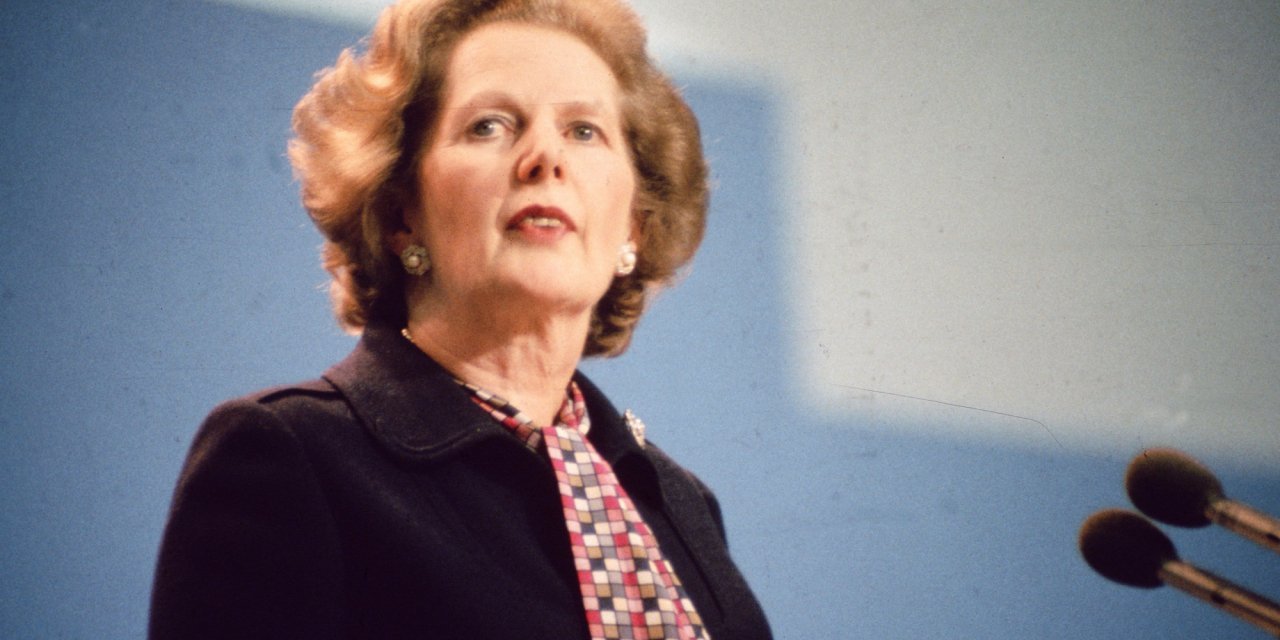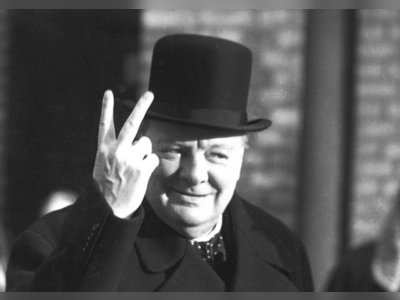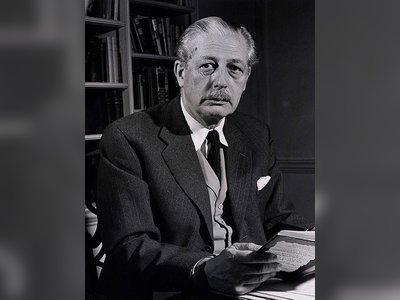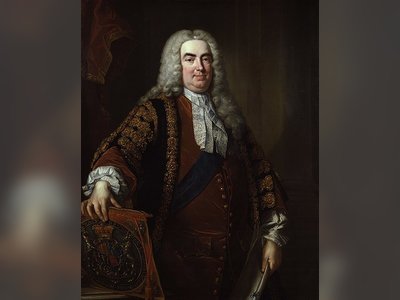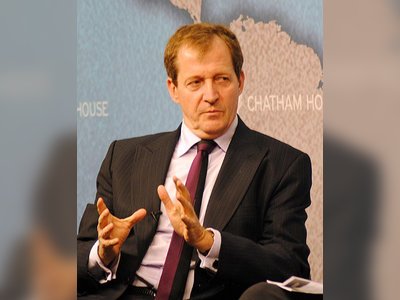British Heritage
Remember, Cherish, Learn.
beta
Margaret Thatcher
A Transformative Legacy in British Heritage.
Introduction
Margaret Hilda Thatcher, Baroness Thatcher, LG, OM, DStJ, PC, FRS, HonFRSC, known as the "Iron Lady," was a prominent figure in British politics and an influential leader of the Conservative Party. Born on October 13, 1925, in Grantham, Lincolnshire, she became the first woman to serve as Prime Minister of the United Kingdom, holding the office from 1979 to 1990. Thatcher's policies, known as Thatcherism, emphasized deregulation, privatization, and reducing the influence of trade unions. Her tenure was marked by significant economic and political transformations, earning her the reputation of a polarizing and formidable leader.
Contribution to British Heritage
Margaret Thatcher's contribution to British heritage was both transformative and controversial. As the longest-serving British Prime Minister of the 20th century, her policies left a lasting impact on the country's political and economic landscape. Thatcherism, characterized by free-market principles and limited government intervention, sought to revitalize the British economy, which had been grappling with high inflation and economic stagnation during the late 1970s.
Thatcher's introduction of economic reforms aimed at reversing the challenges faced by the nation. By prioritizing deregulation, particularly in the financial sector, and privatizing state-owned companies, she sought to stimulate economic growth and efficiency. Additionally, her efforts to curtail the power and influence of trade unions aimed to restore stability and productivity in industries.
The successful outcome of the Falklands War in 1982 further bolstered her reputation as a resolute leader and strengthened national pride. The recovery of the British economy during the mid-1980s and her landslide re-election in 1983 solidified her support base. Despite facing opposition and criticism, Thatcher's determination and strong leadership were viewed as a defining characteristic of her legacy.
Thatcher's Success and Achievements
Margaret Thatcher's success as a leader can be attributed to her firm conviction in conservative ideology and her ability to implement bold and transformative policies. One of her notable achievements was curbing inflation, which had been a pressing issue in the 1970s. Through monetarist economic policies, she reduced the money supply, leading to a decline in inflation rates and stabilizing the economy.
Her commitment to free-market principles and privatization resulted in the sale of various state-owned enterprises, including British Telecom, British Gas, and British Airways. These privatization efforts aimed to improve efficiency, increase competition, and attract foreign investment. Although controversial at the time, these measures contributed to economic growth and modernization.
Thatcher's leadership during the Falklands War demonstrated her resolute determination to protect British sovereignty and security. The successful military campaign to retake the Falkland Islands from Argentine forces garnered significant public support and strengthened her standing as a strong and capable leader.
Furthermore, her ability to confront powerful trade unions during the 1984-85 miners' strike and maintain essential services showcased her unwavering resolve and political acumen. Thatcher's determination to stand firm in the face of opposition earned her the admiration of supporters and the respect of political adversaries.
Legacy and Public Perception
Margaret Thatcher's legacy is a subject of ongoing debate, with both admirers and critics assessing her impact on British society and politics. Supporters credit her with revitalizing the British economy, reducing inflation, and restoring the country's global standing. Thatcherism's emphasis on individualism, entrepreneurial spirit, and self-reliance has left a lasting imprint on British society.
However, her policies were also divisive, leading to increased income inequality and social unrest in certain regions. Critics argue that her market-driven approach exacerbated economic disparities and weakened social safety nets, resulting in hardship for vulnerable communities.
Regardless of political differences, Thatcher's tenure as Prime Minister is acknowledged as a period of significant change in British politics. She shattered the glass ceiling by becoming the first female Prime Minister, inspiring future generations of women to enter politics and pursue leadership roles.
Conclusion
Margaret Thatcher's legacy as the first female Prime Minister of the United Kingdom and her implementation of Thatcherism have left an indelible mark on British heritage. Her unwavering commitment to conservative principles and economic reform, as well as her determination to defend national interests, shaped the political landscape during her time in office.
Whether remembered as a transformative leader who revitalized the British economy and restored national pride or criticized for exacerbating social inequality and fostering division, Margaret Thatcher remains an influential and polarizing figure in British history. Her impact on British heritage and politics continues to be a subject of analysis and debate, ensuring that her legacy endures well into the 21st century.
- Margaret Thatcheren.wikipedia.org
